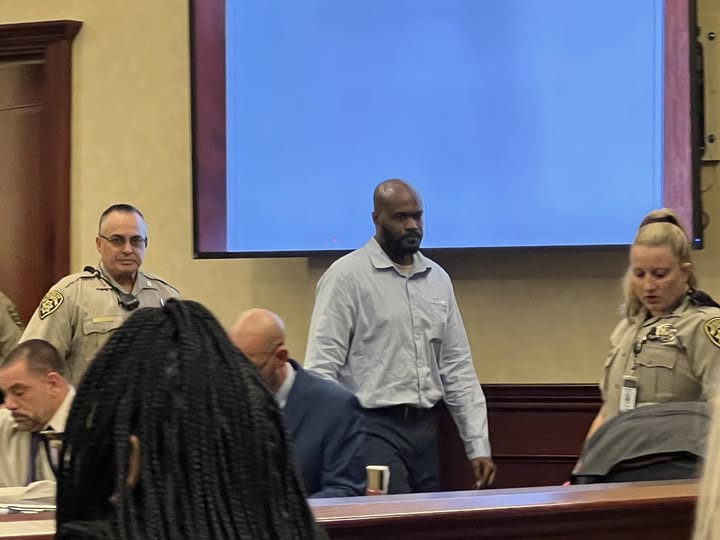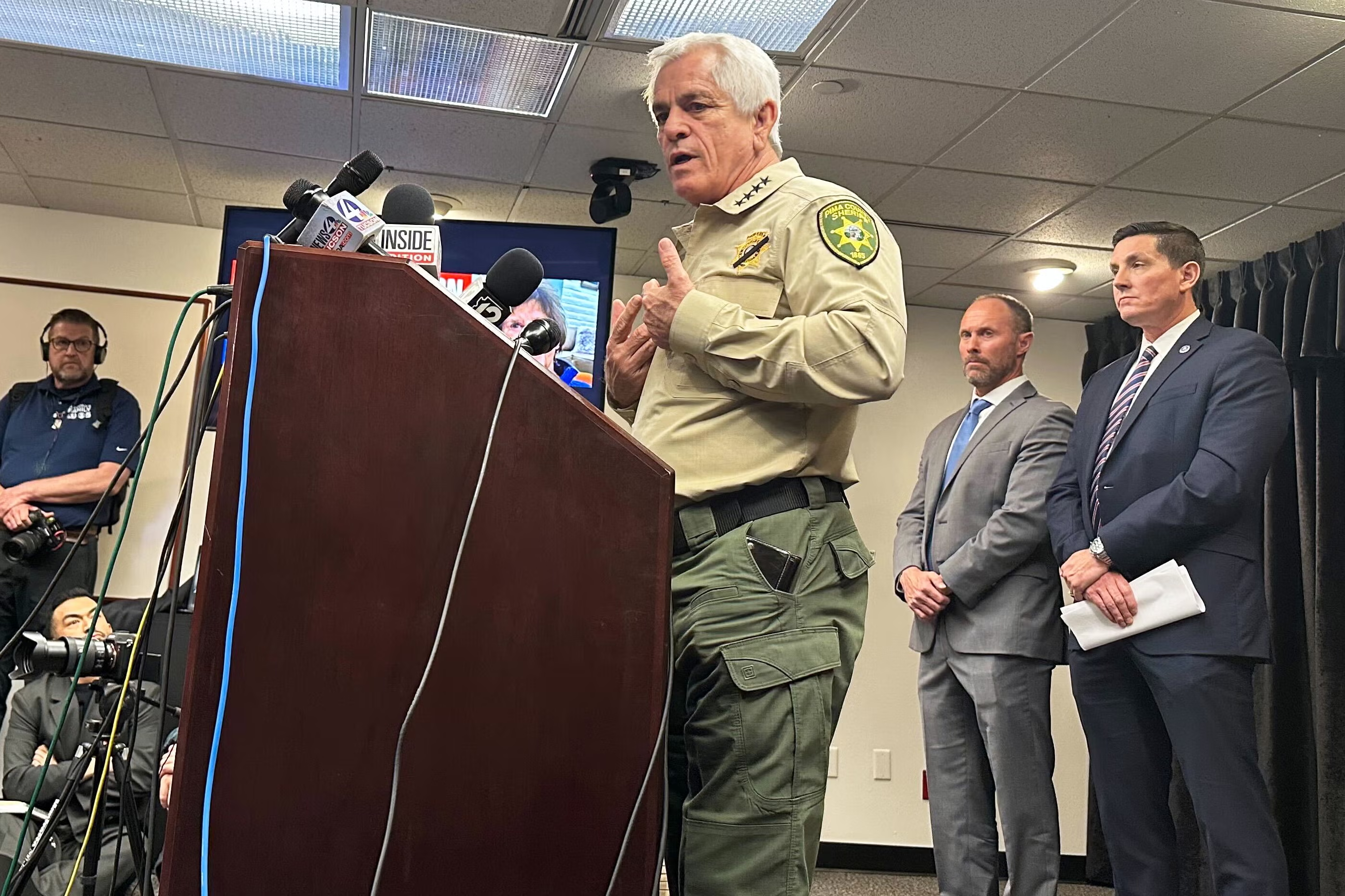It started with a shopping trip on the afternoon of March 1, 2021, and ended with heartbreak, unanswered questions and finally a courtroom verdict. A jury in Coweta County, Georgia, has found Reginald “Reggie” Robertson guilty of the murder of his fiancé, Tiffany Foster—a 35‑year‑old mother of three who vanished from her apartment, never to return.
Foster had been planning to go shopping, attend class and catch a flight to Texas—but the trip never happened. After she left her apartment that day, she never came back. Within a week her car was discovered, but the woman inside it was nowhere to be found—her purse and cell phone still inside.

The trial, which lasted nearly four days, centered on a “no‑body” homicide charge—meaning prosecutors moved forward even though Foster’s remains have not been found. According to evidence presented in court, Cadaver dogs picked up scents of human decomposition around a rust‑encrusted wood chipper found on property linked to Robertson’s grandmother, in Troup County. Investigators also used phone‑tower data and traffic‑camera footage to undermine Robertson’s timeline of events on the morning Foster vanished.
Prosecutors told the jury the relationship was “a nightmare that cost her her life,” and pointed to messages from Foster to a friend saying, “If anything happens to me, Reggie did it.” They described how Robertson and his co‑defendant, Jeremy Walker, were seen purchasing a shovel and bolt cutters the day Foster went missing—tools prosecutors claimed were used to sever her right index finger so her prints could be left in the abandoned car.
Robertson sat expressionless as the verdicts—on murder, kidnapping, aggravated assault and financial fraud—were read. His defense argued the state had no direct proof of death, no body, no crime scene, and described the relationship as one that was “sexually fluid” rather than predatory. Meanwhile Walker was found guilty of theft by taking but was acquitted of the more serious charge of concealing a death.
For Foster’s children, extended family and friends, the verdict offers relief, but not closure. The woman who left her home hoping to catch a flight never made it, and her family has spent years waiting for answers. With no remains recovered, the emotional void remains. The conviction now shifts the focus to sentencing, where prosecutors have indicated they’ll seek the maximum penalty under Georgia law—a life sentence in a “no‑body” case.
This case stands as a stark reminder of how complex and challenging a “no‑body” homicide can be—for victims, for families, and for justice‑seekers alike. While a verdict has been reached, the questions about exactly what happened to Tiffany Foster linger on.



